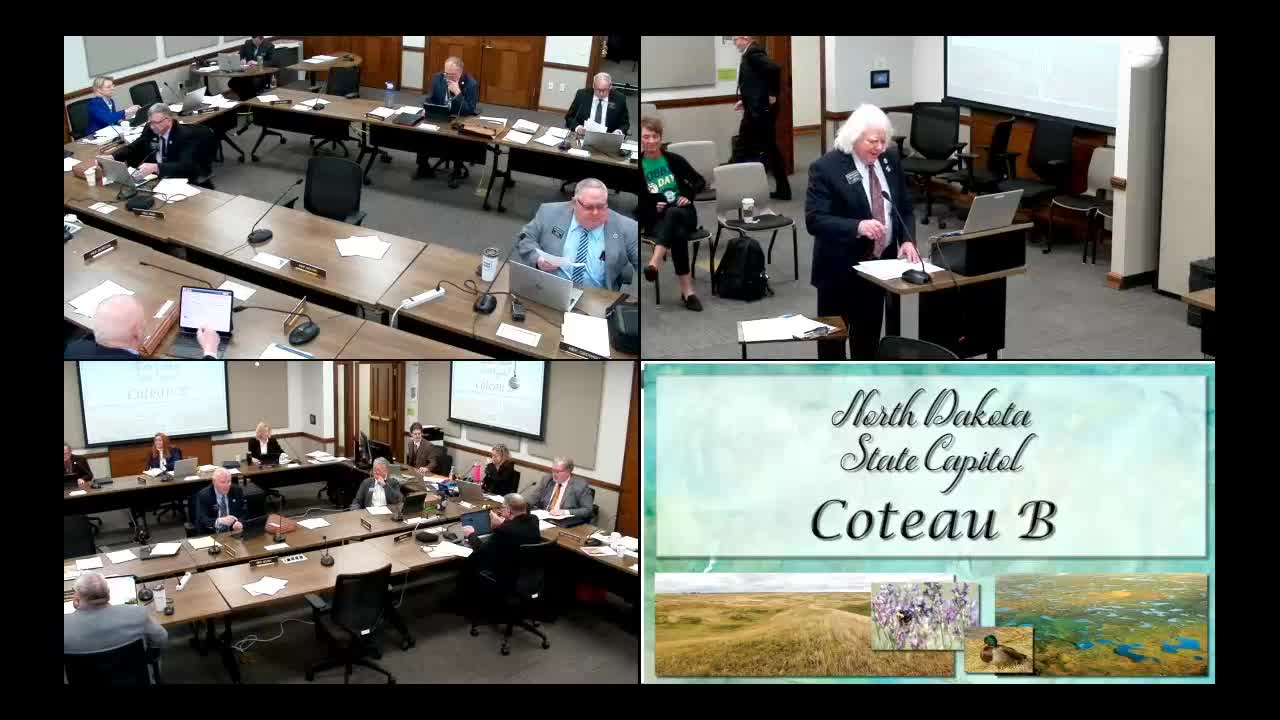Committee hears hours-long debate on bill to centralize funds for vacant higher-ed positions
Get AI-powered insights, summaries, and transcripts
Subscribe
Summary
The House Education Committee held an extended hearing on House Bill 11-61, an amended proposal to require institutions to centralize funds for vacant higher-education FTE positions and report uses to the legislative budget section.
Representative Eric Murphy presented an amended version of House Bill 11-61, which would require institutions under the State Board of Higher Education to list newly created and vacant full-time equivalent (FTE) positions annually and place appropriated salary and benefit funds for those vacancies into a central institutional pool for hiring needs.
Murphy told the committee the amendment retains the bill’s transparency goals while giving institutions flexibility: funds would be reported to the legislative budget section and could be used for salaries or operational needs, but all transfers and uses would be reported. He said the change aims to improve oversight and to speed hiring so that institutions can fill vacant positions—including faculty, administrators and staff—more quickly.
The sponsor emphasized hiring realities in higher education: searches typically begin late winter or spring for appointments that start July 1, searches may require multiple rounds if candidates decline, and temporary appointments are sometimes used to meet instructional needs. The amended bill would require institutions to list positions on Dec. 1 of even-numbered years and place projected funding into a central institutional pool; money would be released from that pool when an institution fills a position or to cover operations if needed, with reporting to the budget section.
The hearing drew extensive testimony in opposition from higher-education officials. Tim Mahalik, chair of the State Board of Higher Education, said the board opposed the original bill and needed time to review the amendment, but appreciated the sponsor’s intent. Mark Sanford (a state representative who has served on the interim higher-ed committee) said reporting made sense but warned the proposal could reduce institutions’ flexibility to address deferred maintenance, tuition waivers and changing program needs. Chad and campus finance leaders described deferred-maintenance backlogs and the need to reallocate resources between facilities, student support and program innovation.
NDSU faculty senate president Lisa Montpleasure and other campus officials said the bill as proposed could disrupt the established hiring rhythm in higher education, noting that searches and offers follow an academic calendar and that funds from vacant lines often support temporary or adjunct instruction to avoid course disruptions. University of North Dakota vice president Carla Mojan Stewart and UND President Andy Armacost said they opposed the original bill and called the amendment an improvement but said concerns about flexibility remain. Dickinson State and other presidents raised potential unintended consequences, including impacts on capital match requirements and the funding formula.
Committee members questioned whether other states use a central pool and whether the approach would harm students by delaying hires; Murphy said the intent is to speed hiring and increase transparency, not to limit institutions’ ability to respond. The State Board chancellor Mark Hagerot and presidents echoed concerns that additional external oversight could complicate campus responsiveness to workforce and curriculum needs.
No final vote on HB11-61 was recorded; the committee closed the hearing and left the bill for further consideration.
